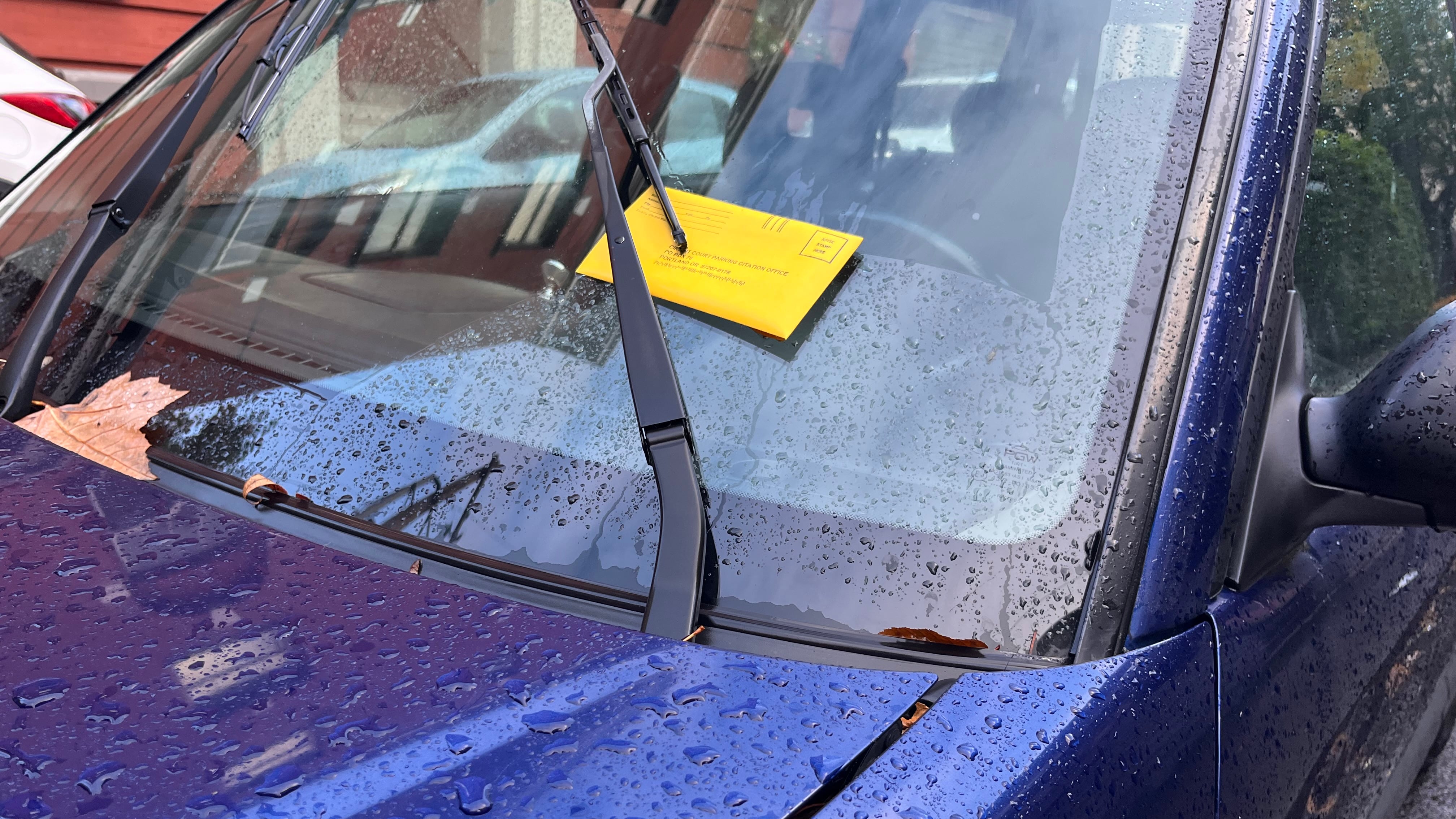Your piece on collecting fines for vehicles without license plates was enlightening (fines are paid to the state’s general fund, not to the city). What about collecting funds from parking meters? Do costs outweigh revenues? I live in the Pearl, where we never see meter maids or men. —Brendan D.
Don’t get cocky, Brendan. You never see ninjas, either, but that doesn’t mean there isn’t one in your laundry hamper right now. Better to pay Parking Kitty four bucks now than to have a $65 ticket appear (like a thief in the night!) in your mailbox later.
To state the obvious, fees and fines are the two means by which parking meters generate revenue. I’m not sure which funding stream you’re talking about, but since they’re inextricably linked anyway, I’ll answer for both.
You might suppose that those $2 or $3 parking fees are chump change and the parking fines—which range from $44 to over $200 each—are where the real money is. According to the Portland Bureau of Transportation, however, the reverse is true: Parking meter fees are actually a significant source of revenue—around $25 to $35 million each year—while citation receipts come to well under $10 million, just enough to cover payroll and materials for the parking enforcement squad. (Once again, the Tony Soprano-like State of Oregon takes a 50% cut.)
You’ll notice that $25 to $35 million is a pretty big range. That’s not because my reporting is slipshod (though God knows it is), but because in the general carnival of civic assholery triggered by the pandemic, a lot of drivers seem to have decided that feeding the (now mostly metaphorical) meter is no longer necessary. I’ll let you guess which of the two numbers above is the pre-pandemic figure.
The falloff was big enough to make a noticeable dent in the budget, and contributed to the $32 million deficit PBOT faced in 2023. That’s one reason the bureau recently went to the City Council to ask for (1) an increase in parking fees and (2) more money for parking enforcement.
And now we come to the inextricable link I mentioned earlier. While parking fines don’t pull in much money directly, increasing enforcement is still revenue-positive: More people pay for parking, and that beefs up the take from meter fees. This is why you may soon be seeing more meter maids and men in the Pearl (as well as in your laundry hamper). Feed the Kitty!
Questions? Send them to dr.know@wweek.com.

